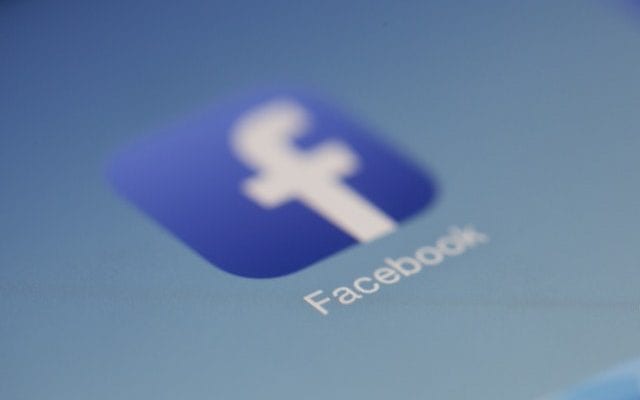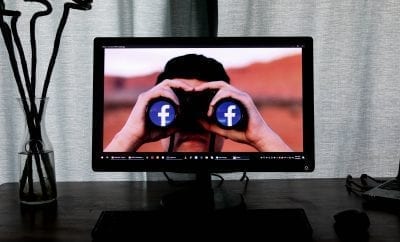
News
Mark Zuckerberg Questioned by Congress
In response to the explosive revelation that 87 million people’s Facebook profiles were collected by political data-mining company Cambridge Analytica, Facebook CEO Mark Zuckerberg made his first appearance before the Senate yesterday, followed by a repeat performance today with the House.
Yesterday capped off a five-hour hearing, with senators grilling Zuckerberg over questions concerning online privacy and data collection. In the few weeks that have passed since the story broke, Facebook has been scrambling to implement steps to regain the trust of its several billion users, who feel betrayed by the social media company due to the clear lack of responsibility taken in protecting private data.
Zuckerberg touched on the idea of a paid Facebook model, after fielding questions concerning the company’s ability to protect its users’ data. Facebook’s business model relies heavily on collecting user data, which is then used to display targeted ads that are modeled after its users’ behavior and interests. There were multiple senators who asked Zuckerberg if he would consider the idea of having an ad-free, paid version of Facebook. He responded to Sen. Orrin Hatch (R-UT) by saying there would always be a free version of Facebook, but suggested that a paid option could be possible in the future.
Senator Lindsey Graham (R-SC) asked Zuckerberg if he could name Facebook’s biggest competitor, and Zuckerberg was unable to do so. Graham asked, “Is there an alternative to Facebook in the private sector?”, to which he responded, “the average American used eight different apps” to connect with friends. Graham then grew tired of the indirect answers, and flat out asked if Facebook was a monopoly. This was just one instance of the committee clearly troubled at the amount of power Facebook has over the American people.
For many years, there have been conspiracy theories floating around stating that Facebook listens to your real time conversations through your phone’s microphone. The theory stems from many reports of people having private conversations with friends and family about a certain topic, followed by ads relating to that particular topic showing up on their Facebook news feeds moments later. Sen. Gary Peters (D-MI) asked “Yes or no: does Facebook use audio obtained from mobile devices to enrich personal information about users?” Zuckerberg responded with a resounding “No.” Before moving on with his questioning, Peters said “Hopefully that will dispel a lot of what I’ve been hearing.” This is the first time the issue has been brought before Congress, and is now part of the congressional record.
When asked about how Zuckerberg plans to improve irresponsible censorship and false news stories on its users’ news feed, he touched on plans to implement heavier use of artificial intelligence. Zuckerberg said that the promise of advancements in AI will drastically help Facebook sort through various hate speech, false news, or any problematic posts. Zuckerberg also stated that AI will prevent any further meddling by foreign governments to influence public opinion regarding elections or other important matters.




0 comments